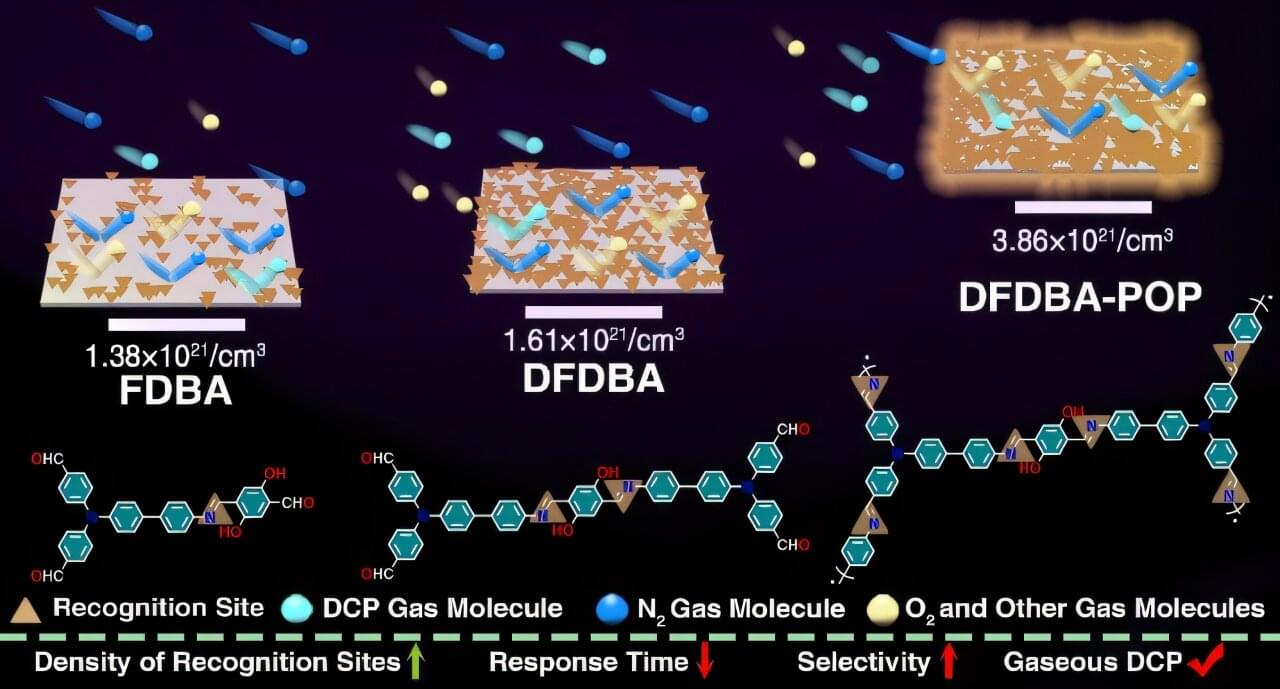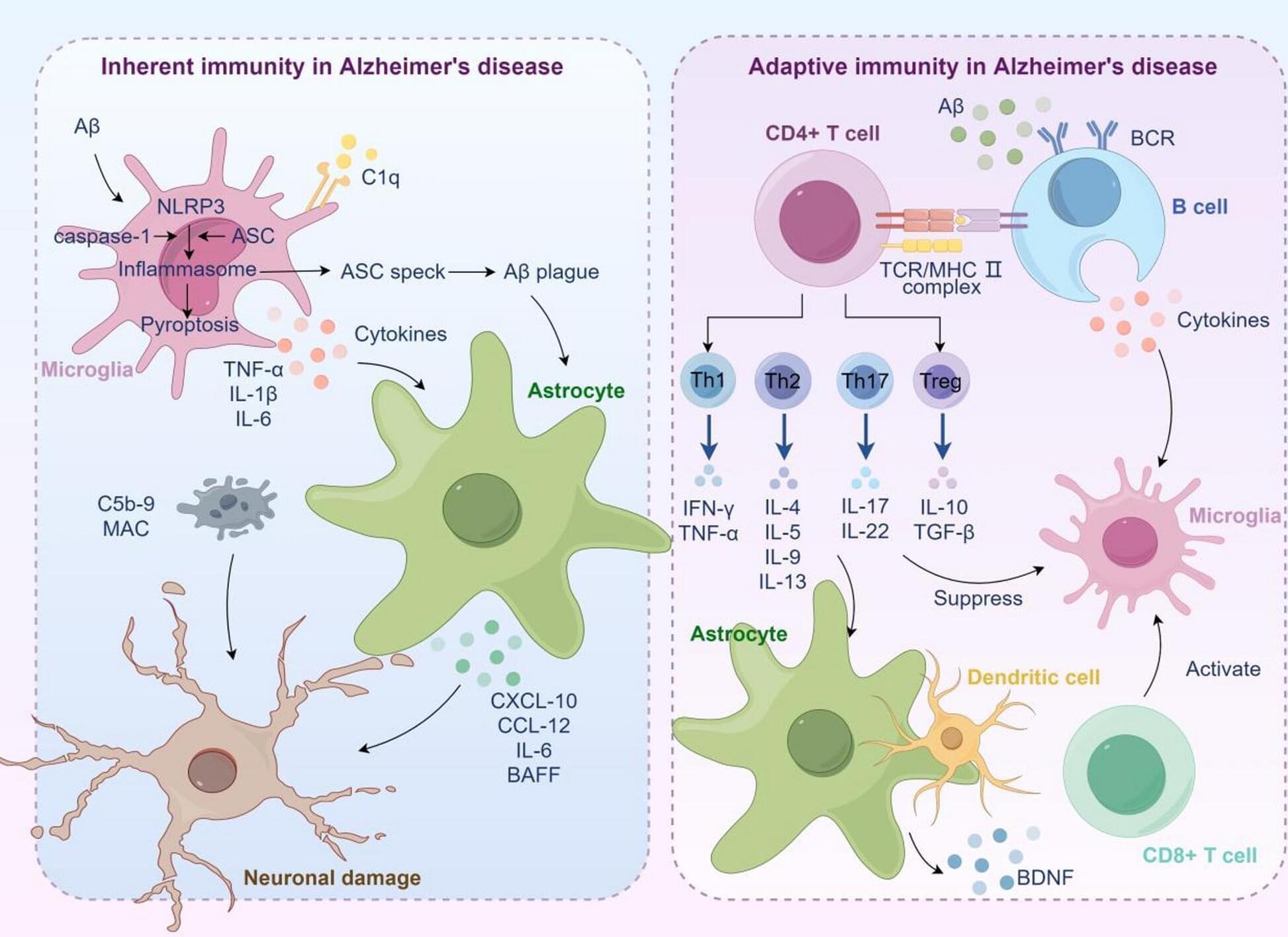Sarin (isopropyl methyl fluorophosphonate) is an organophosphorus nerve agent regulated by the Convention on the Banning of Chemical Weapons. It can enter the body through the respiratory system, skin, or eyes, paralyzing the central nervous system by inhibiting acetylcholinesterase, which can lead to death. Therefore, rapid and sensitive detection of trace sarin is vital for safety and environmental protection.
Due to its high toxicity, sarin’s use is strictly controlled, leading researchers to use diethyl chlorophosphate (DCP) as a safer simulant. The common fluorescence detection method takes advantage of DCP’s strong electrophilicity, using recognition sites like hydroxyl oxime and imine for fluorescence quenching to identify the target.
However, this method is affected by photobleaching, acid, and other environmental factors, limiting its application.








